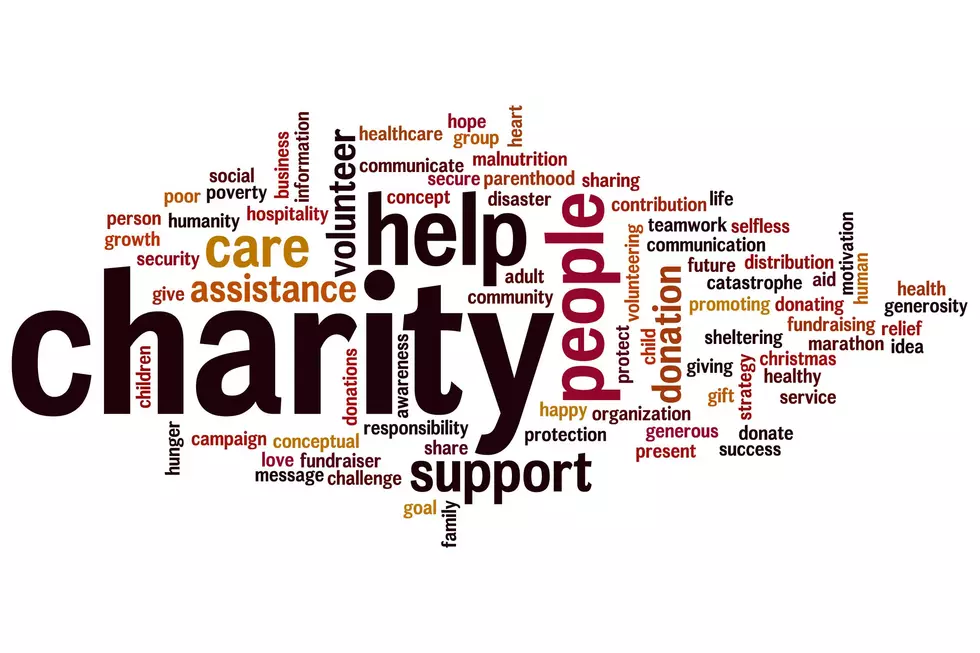
How to Avoid Fake Coronavirus Test Scams
Press release provided by the Better Business Bureau Northwest and Pacific
New studies show that up to 50% of people with COVID-19 don’t show any symptoms, so many people are wondering if they have or have had the virus without knowing it.
Which has many people looking for tests to bring peace of mind, unfortunately this as opened the door for those who are dishonestly pushing fake tests. The FDA has sent dozens of warning letters to companies that are engaged in illegal activity by selling inaccurate tests.
What BBB is Seeing
You receive a robocall or are directed to a website that looks like a clinic or medical supply company offering COVID-19 tests. These tests can allegedly identify if you’ve been infected with coronavirus – even if you’ve already recovered. Some even promise results in 10 minutes. To get a test, all you need to do is complete a form or, in other versions, enter your credit card details.
In some cases, the test involves an easy at-home testing kit. Other times, the tests are allegedly offered through a clinic. But in all versions, the person or website selling the test is short on details. They aren’t willing or able to provide any information about how the test works, where it is sourced, and what laboratory processes it.
Don’t fall for it! These tests are not US Food and Drug Administration approved and will not give accurate results. In fact, you may never even receive an actual test kit. Either way, scammers will have made off with your money and your personal information.
How to Avoid Fake Coronavirus Tests
Want a test? Talk to your doctor. If you want an antibody test, reach out to your healthcare provider. In terms of at-home tests; right now, there are only two options. The FDA has only approved two at-home COVID-19 tests, but both of which require a doctor's prescription. Your doctor’s office can help you figure out if the test will be covered by insurance and where to find a legitimate place to find tests.
Do research before buying. Scammers put pressure on people to buy or commit without giving them time to do further research. Before you agree to anything, do some investigating. Research any claims the company makes. Be wary of ads for test kits. Most test kits being advertised have not been approved by the FDA, and aren’t necessarily accurate.
Understand your options: The Center for Disease Control and Prevention has a detailed guide to testing for COVID-19. Understand the different tests available and what you need. Only make purchases and share your personal information with people and companies you know and trust.
Additional Information: As far as Antibody testing clinics that are popping up across the region. The Food and Drug Administration has granted emergency authorization to a dozen coronavirus antibody tests, and more than 200 others are currently on the market. The science and overall accuracy of these tests is still be debated in the medical community. So it’s important for consumers to make sure they are taking a FDA approved test and consult their doctor with results.
More From NewsRadio 560 KPQ









